
Система
образования
Высшее образование в России — это перспективная инвестиция в свое будущее. Одним из главных преимуществ является получение качественных знаний и профессиональных навыков в определенной области, что позволяет выпускникам быть конкурентоспособными на рынке труда и достигать успехов в карьере.
Российское высшее образование обеспечивает возможность получения диплома или академической степени, которые признаются не только внутри страны, но и за ее пределами. Это открывает двери для различных карьерных возможностей и международного сотрудничества.
Уровни обучения
В России существует несколько уровней высшего образования, каждый из которых представляет собой определенную ступень в образовательной лестнице студента.
-

Бакалавриат — первая ступень высшего образования. Студенты изучают основную теоретическую базу и получают первый практический опыт в выбранном карьерном направлении.
Срок обучения — от 4 до 5 лет.
-

Программа специалитета сочетает в себе обучение по программе бакалавриата и магистратуры, предоставляя более глубокую специализацию в определенной области.
Срок обучения — от 5 до 6 лет.
Для освоения программ бакалавриата или специалитета нужно иметь среднее общее образование.
-

Магистратура — вторая ступень получения высшего образования, направленная на освоение специальности с получением более углубленных знаний.
Срок обучения — 2 года.
Для освоения программы магистратуры нужно иметь высшее образование (бакалавриат, специалитет, магистратура). Получить степень магистра можно в любом университете, который реализует данные программы. Обучение возможно на бюджетной или договорной основе.
-

Аспирантура — уровень образования, предназначенный для подготовки научных и научно-педагогических кадров Аспиранты занимаются научными исследованиями и пишут диссертацию. После успешной защиты аспирант получает степень кандидата наук.
Срок обучения — от 3 до 4 лет.
Для освоения программы аспирантуры нужно иметь высшее образование (специалитет, магистратура).
-

Ординатура — уровень образования, предназначенный для подготовки медицинских и фармацевтических работников, где молодые врачи получают более глубокие теоретические знания и практическую подготовку.
Срок обучения — от 2 до 5 лет.
Для освоения программы ординатуры нужно иметь профильное медицинское высшее образование.
-
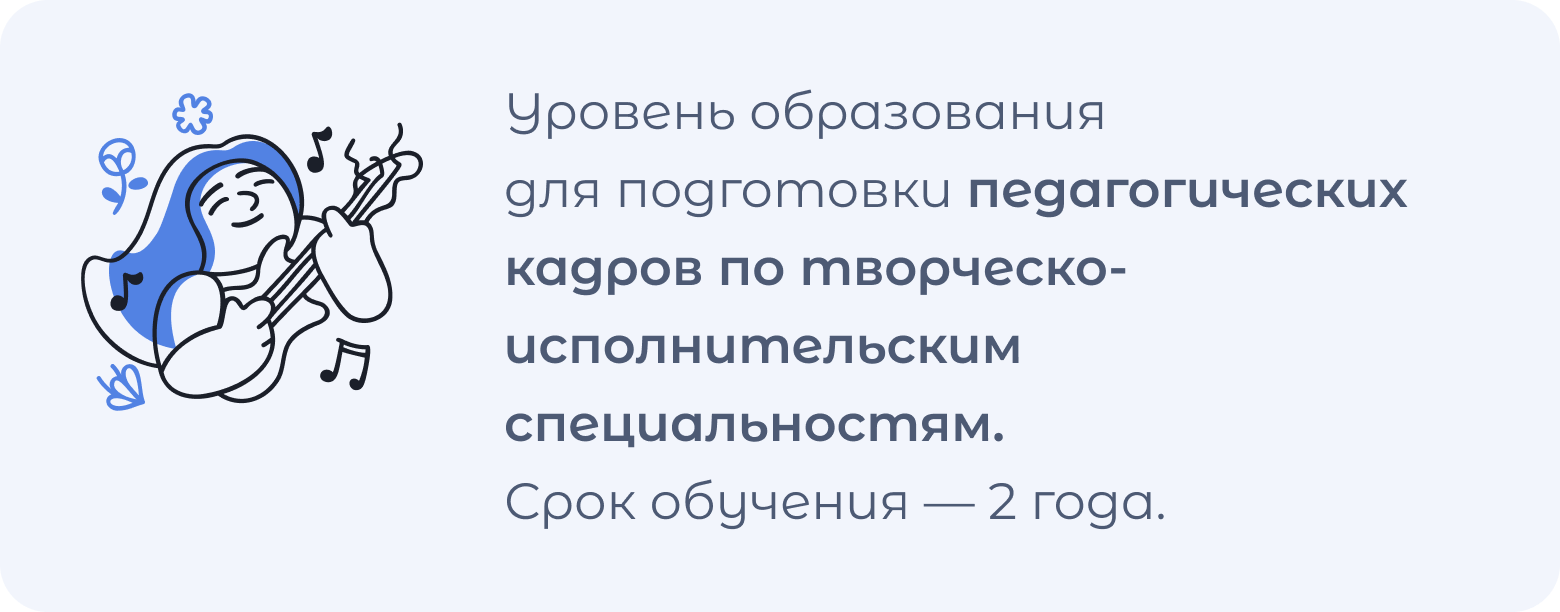
Ассистентура-стажировка — это уровень образования, предназначенный для подготовки педагогических кадров по творческо-исполнительским специальностям.
Срок обучения — 2 года.
Для освоения программы ассистентуры-стажировки нужно иметь профильное высшее образование в данной области.
Преимущества высшего образования в России
Трудоустройство выпускников
Согласно данным Минобрнауки России, более 80% выпускников находят работу в течение первого года после окончания вуза. В некоторых технических и экономических специальностях этот показатель достигает 90%. Высокая востребованность специалистов объясняется как качественным обучением, так и тесным сотрудничеством вузов с предприятиями и организациями, что позволяет студентам проходить стажировки и получать практические навыки еще во время учебы.
Выдающиеся выпускники российских вузов
Российские вузы гордятся своими выдающимися выпускниками, которые достигли значительных успехов в различных областях. Так, министр иностранных дел Российской Федерации Сергей Лавров окончил Московский государственный институт международных отношений, создатель социальной сети ВКонтакте и мессенджера Telegram Павел Дуров — Санкт-Петербургский государственный университет, а основатель компании «Лаборатория Касперского» Евгений Касперский — Институт криптографии, связи и информатики.
Выпускники российских вузов активно участвуют в международных научных проектах, занимают ключевые позиции в крупных компаниях и становятся лидерами в своих отраслях, подтверждая высокий уровень подготовки и конкурентоспособности.
Научные исследования и подготовка кадров
Российские вузы являются центрами научных исследований, что подтверждается высоким числом кандидатов и докторов наук. В стране насчитывается более 600 вузов, в которых обучается свыше 100 тысяч аспирантов. Количество кандидатов наук ежегодно увеличивается почти на 10 тысяч, а число докторов наук превышает 400 тысяч. Это свидетельствует о значительном научном потенциале России и активной подготовке высококвалифицированных специалистов.
Кроме того, российские университеты активно участвуют в международных научных проектах и грантах, что способствует повышению качества образования и научных исследований.
Успехи на академических олимпиадах и предпринимательская активность
Российские студенты регулярно показывают высокие результаты на международных академических олимпиадах, занимая призовые места, что свидетельствует о высоком уровне подготовки. Кроме того, многие выпускники становятся успешными предпринимателями, создавая стартапы и инновационные компании. По данным Российской ассоциации электронных коммуникаций, число IT-стартапов, основанных выпускниками вузов, постоянно растет, подтверждая высокий уровень предпринимательской активности среди молодежи.
Известность и признание дипломов
Дипломы, полученные в российских университетах, признаются и ценятся не только в стране, но и за ее пределами. Это открывает двери для студентов на международном рынке труда и предоставляет возможности для карьерного роста и развития не только в России, но и за рубежом.
Кроме того, многие российские университеты активно участвуют в международных рейтингах, таких как QS World University Rankings и Times Higher Education, что также повышает их авторитет и дает дополнительные возможности для студентов, желающих продолжить обучение за границей.
Как развиваются университеты России
В России реализуются масштабные программы для эффективного обучения студентов. Программа «Приоритет-2030» привлекает к сотрудничеству с университетами реальных представителей бизнеса, финансирует исследовательские проекты и создает инновационную инфраструктуру в университетах. В рамках федерального проекта «Создание сети современных кампусов» к 2030 году будут построены 25 кампусов в разных регионах. Передовые инженерные школы в университетах готовят специалистов для ключевых отраслей экономики, включая студентов в разработку научных проектов.
Дополнительные сведения о программах, действующих в интересующих вас университетах, можно получить на их странице на портале Study in Russia.
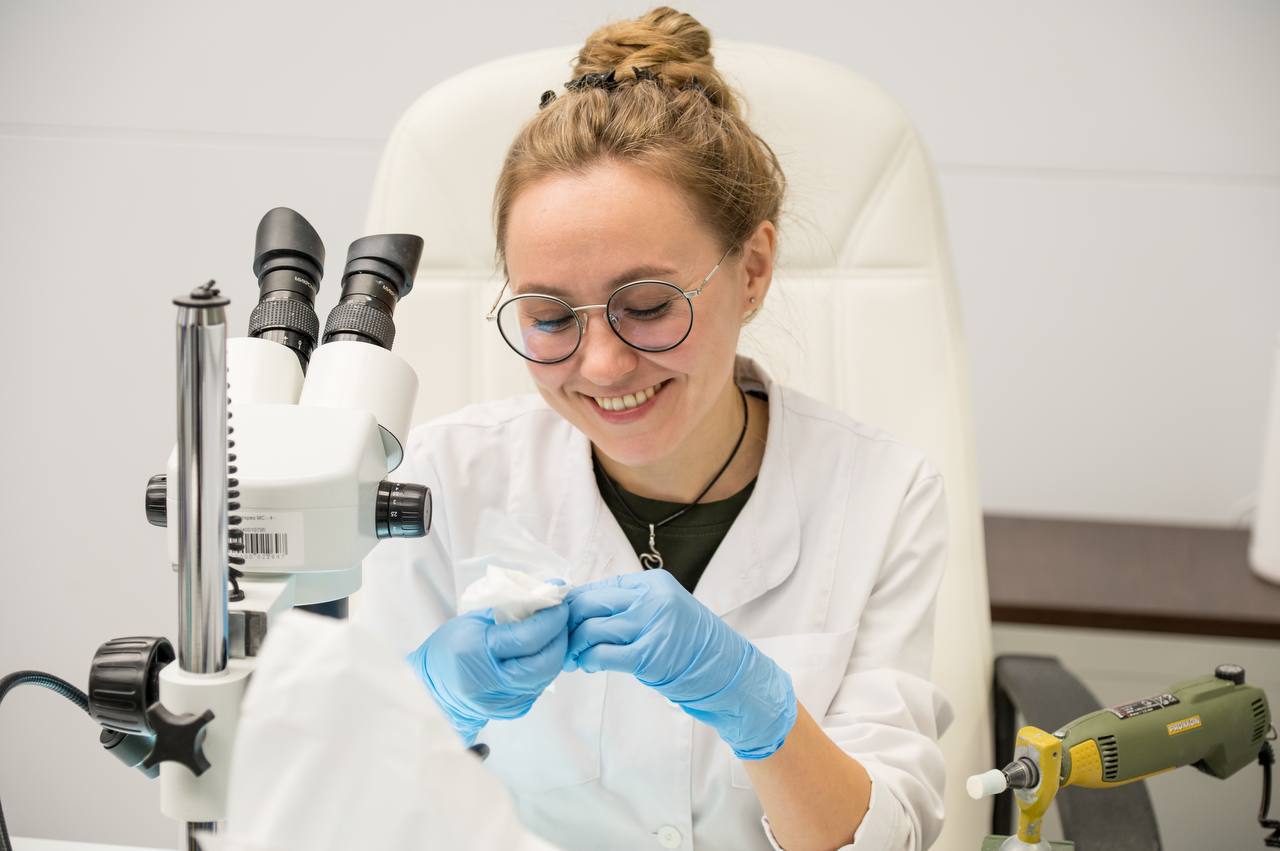
Приоритет-2030
Программа «Приоритет-2030» направлена на концентрацию ресурсов для повышения вклада российских университетов в национальные цели развития, улучшение их научно-образовательного потенциала и участие в социально-экономическом развитии регионов. Цель программы — создать более 100 прогрессивных университетов к 2030 году. Благодаря программе создано 38 новых лабораторий, 10 учебно-научных центров, более 60 образовательных программ, 20 программ дополнительного образования и 24 сетевые программы с ведущими вузами.
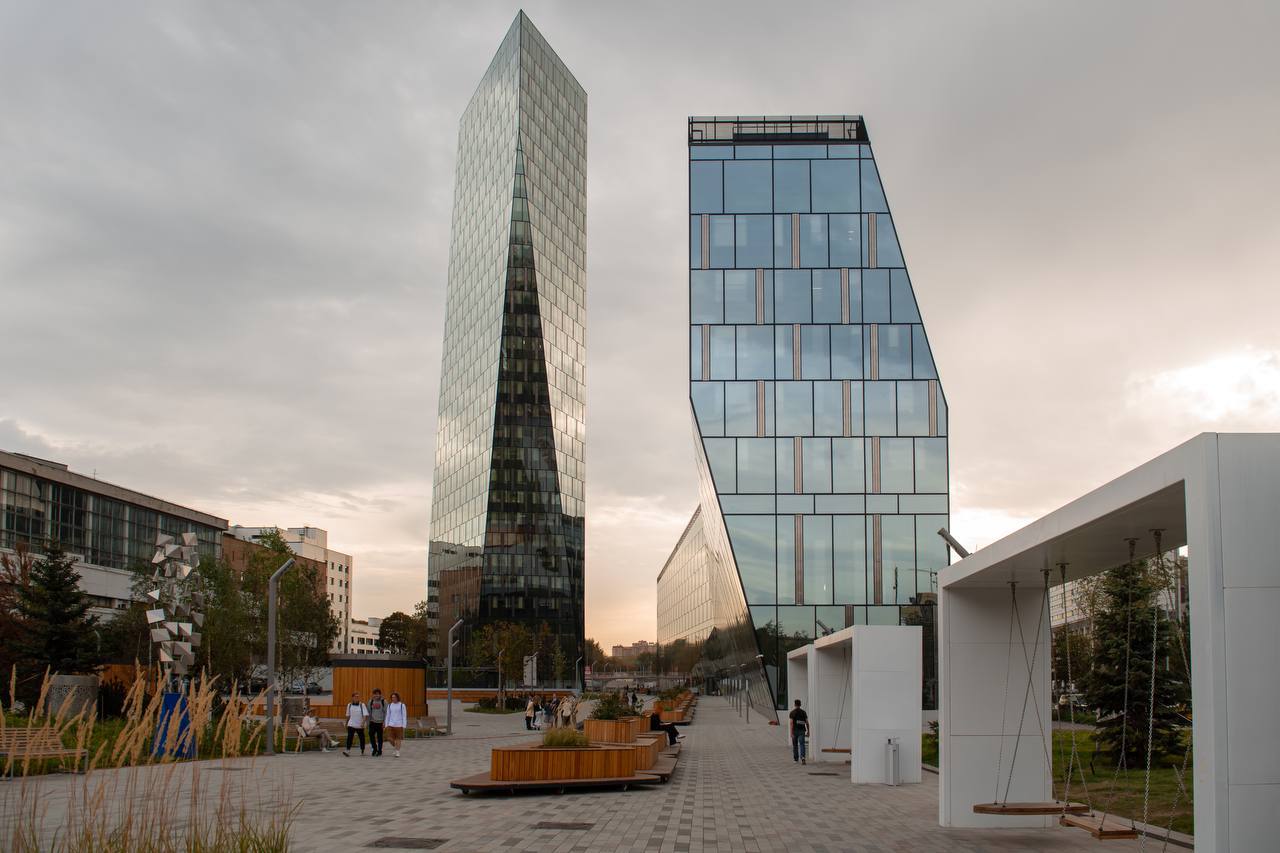
Создание сети современных кампусов
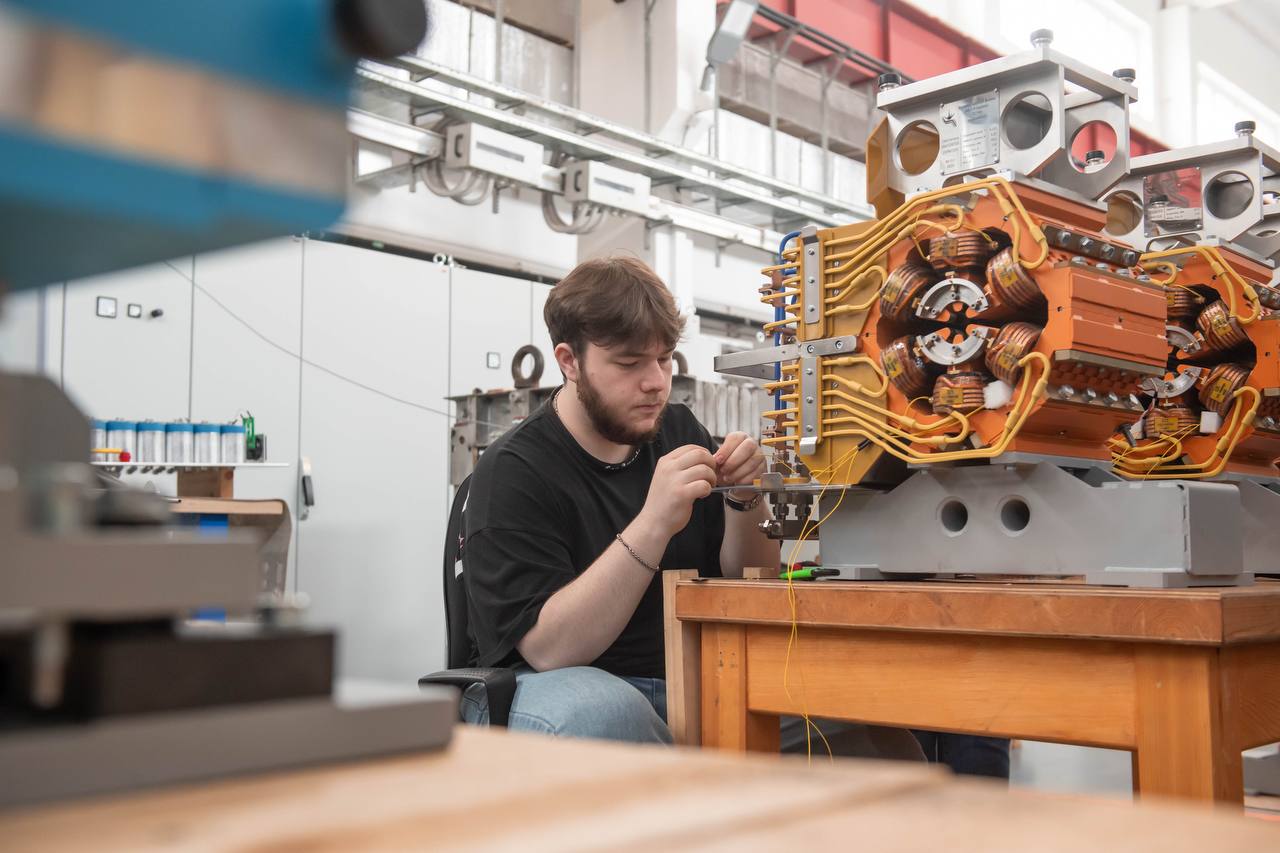
Передовые инженерные школы
В России создано 50 передовых инженерных школ, которые предоставляют студентам практические навыки и возможность работать с ведущими индустриальными партнерами. Президент России В.В. Путин предложил расширить сеть до 100 школ для подготовки высококвалифицированных специалистов и разработки оригинальных технических решений в различных отраслях, включая промышленность, сельское хозяйство и транспорт с использованием искусственного интеллекта.
Как учиться в России бесплатно?
Россия — одна из немногих стран мира, которая дает возможность иностранцам учиться бесплатно. Есть несколько вариантов, с помощью которых иностранец может поступить в университет России бесплатно. Некоторые категории иностранных граждан могут поступить в рамках общего конкурса наравне с гражданами России. Также каждый год Правительство Российской Федерации выделяет квоту для иностранных граждан на бесплатное обучение в российских университетах. Помимо этого, победители и призеры олимпиад, которые проводят университеты, могут быть зачислены без вступительных экзаменов или получить льготы при поступлении.
Дополнительные сведения о программах, действующих в интересующих вас университетах, можно получить на их странице на портале Study in Russia.
-
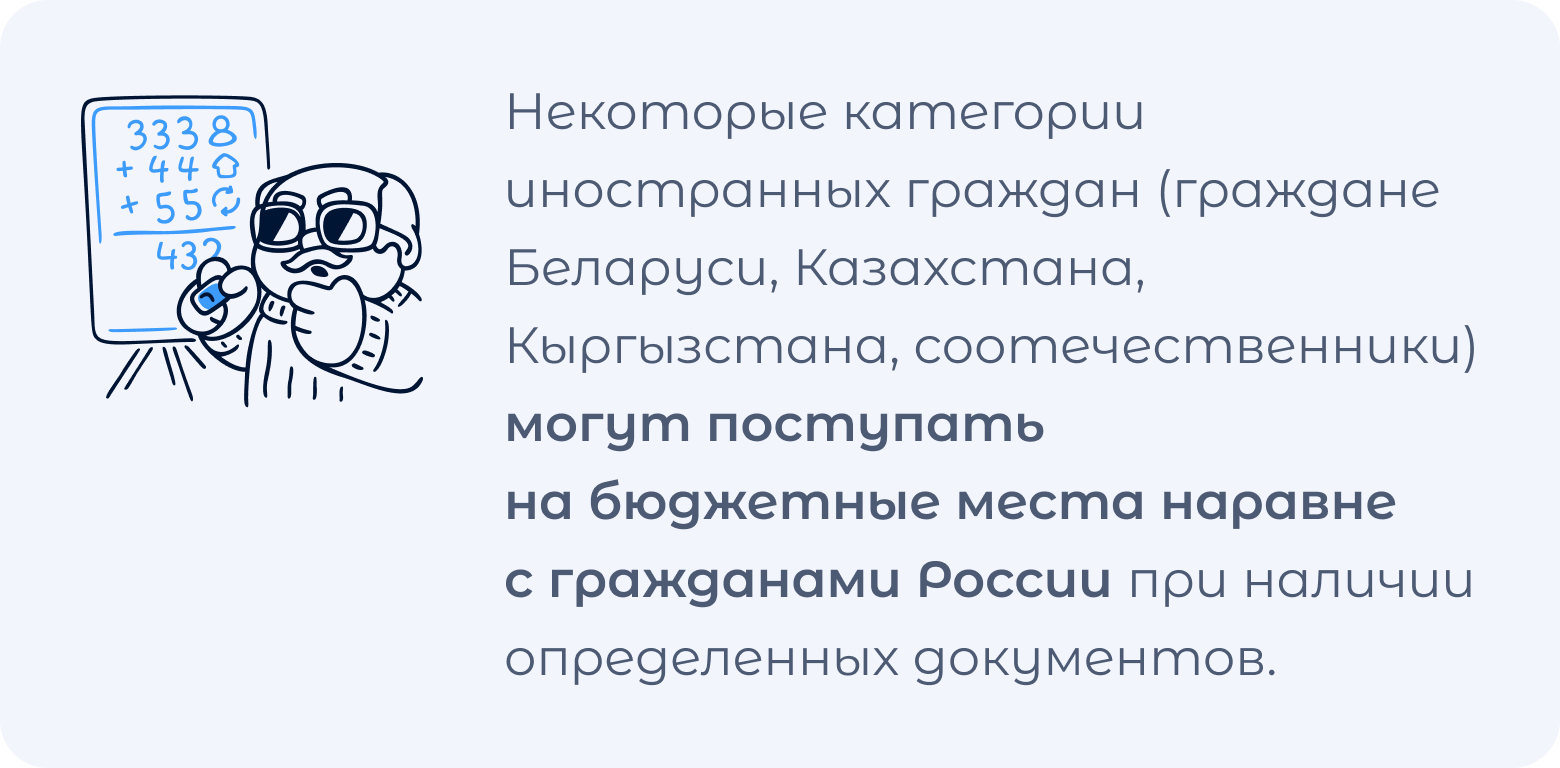
Некоторые категории иностранных граждан имеют право поступить в рамках общего конкурса на бюджетной основе. К таким категориям относятся:
1. Граждане Республики Беларусь, Республики Казахстан, Республики Таджикистан, Кыргызской Республики
Граждане этих республик подтверждают соответствующее гражданство и проходят стандартную процедуру поступления на общих основаниях.
2. Граждане Азербайджана, Армении, Грузии, Беларуси, Казахстана, Кыргызстана, Молдовы, Таджикистана, Туркменистана, Узбекистана и Украины.
Граждане этих стран, постоянно проживающие на территории РФ, имеют право поступать на бюджетные места на общих основаниях при наличии действительного вида на жительство.
3. Соотечественники, проживающие за рубежом
Соотечественники:
1. Граждане РФ, постоянно проживающие за пределами Российской Федерации;
2. Лица и их потомки, проживающие за пределами Российской Федерации и относящиеся к народам, исторически проживающим на территории Российской Федерации;
3. Лица, сделавшие свободный выбор в пользу связи с Российской Федерации, и чьи родственники по прямой восходящей линии ранее проживали в территории Российской Федерации.Поступающие из этих категорий должны дополнительно предоставить копии нотариально заверенных переводов документов (если требуется в университете):
- Копия свидетельства о рождении поступающего
- Документ, подтверждающий постоянное проживание за рубежом (например, копия страницы в паспорте, выписка из домовой книги);
- Комплект документов, подтверждающего либо наличие гражданства СССР у абитуриента, либо родство по прямой восходящей линии с лицами, имевшими гражданство СССР (свидетельство о рождении родителя).
Например, один из родителей абитуриента являлся гражданином СССР, необходимо предоставить копию документа, удостоверяющего личность родителя, в котором будет присутствовать отметка о месте рождения, и копию свидетельства о рождении абитуриента, в котором указан данный родитель.
-
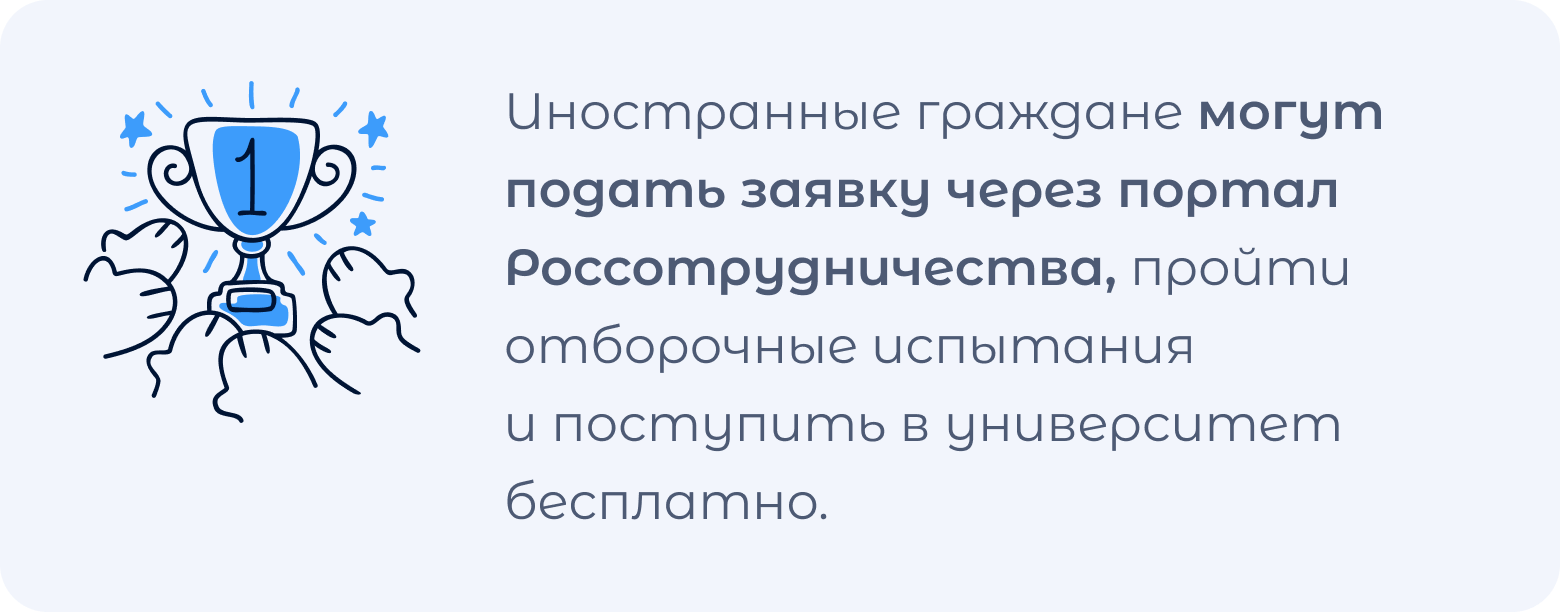
Поступление по квоте Правительства Российской Федерации
Для получения дополнительной информации и подачи заявки на квоту:
- зарегистрируйтесь в Суперсервисе «Образование в Российской Федерации для иностранцев»;
- дождитесь приглашения для участия в отборочных мероприятиях в стране проживания;
- найдите себя на сайте в списке кандидатов, рекомендованных к прохождению второго этапа отбора;
- дождитесь письма на вашей электронной почте об открытии доступа к личному кабинету на портале;
- отслеживайте статус заявки в личном кабинете на портале.
О квоте Правительства Российской Федерации: часть 3 ст. 78 Федерального закона от 29.12.2012 г. № 273-ФЗ, а также Постановление Правительства Российской Федерации от 18.12.2020 г. № 2150. Квота Правительства Российской Федерации предполагает оплату обучения и выплату стипендии.
-

Грантовая поддержка иностранных студентов в настоящее время прорабатывается. Федеральная грантовая поддержка предполагает оплату обучения, проживания и проезда к месту учебы; повышенную стипендию и медицинскую страховку.
-
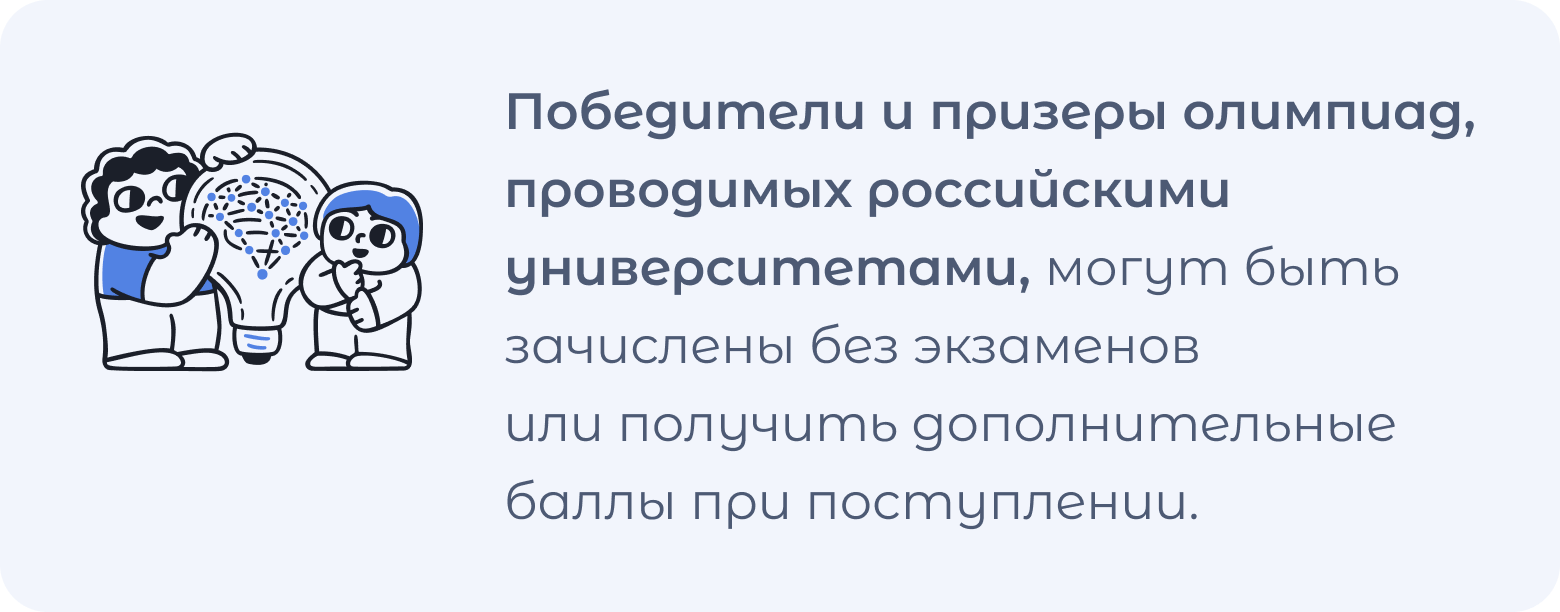
В российских университетах регулярно проводятся конкурсы, в результате которых победители и призеры финального этапа могут быть зачислены в университет без экзаменов и в дальнейшем учиться бесплатно или же получить различные льготы при поступлении. Дополнительные сведения можно получить на странице конкретного университета на портале Study in Russia.
Также вы можете изучить перечень олимпиад, представленный на сайте.
Международная олимпиада Open Doors — еще одна возможность поступить в российский университет на бюджетное место. Победители и призеры могут зачисляться без вступительных экзаменов или получать дополнительные баллы при поступлении. Участники могут попробовать свои силы в 14 междисциплинарных профилях и получить шанс на бесплатное обучение в бакалавриате, магистратуре или аспирантуре российских университетов. Олимпиада проходит в дистанционном формате и доступна на русском и английском языках.
Особенности приема иностранных граждан на обучение в российские университеты указаны в разделе 13 Приказа Министерства науки и высшего образования Российской Федерации от 21 августа 2020 г. № 1076.
История и традиции российского высшего образования
История высшего образования в России насчитывает более нескольких веков и богата традициями. Первые образовательные учреждения, подобные современным университетам, появились еще в Средневековой Руси. Одним из наиболее известных примеров таких учреждений является Московская Славяно-Греко-Латинская Академия, основанная в 1687 году.
Начало развитию высшего образования в России положил Петр I, подписав в 1724 г. указ об открытии в Санкт-Петербурге Академии наук.
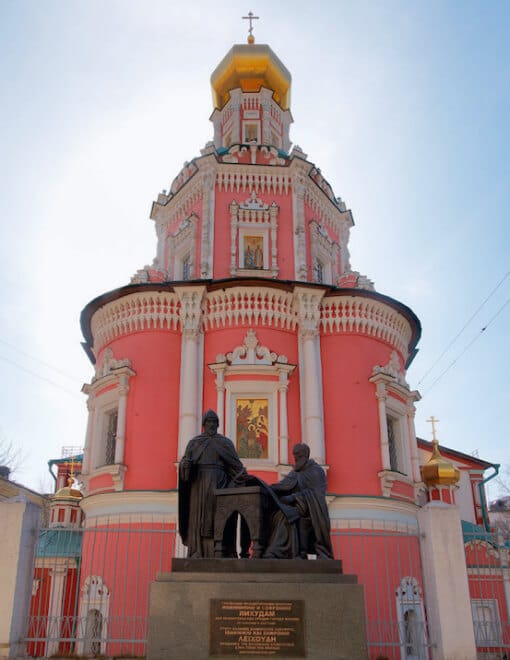
Стараниями Михаила Ломоносова, основоположника классического непрерывного образования в России, в 1755 году учрежден Московский государственный университет.
В XIX и XX веках высшее образование в России продолжило свое развитие и расширение. Были созданы новые специализированные университеты и институты, которые стали важными центрами научных исследований, образования и культуры. Российские ученые внесли значительный вклад в различные области науки и искусства, получив признание как в России, так и за ее пределами.
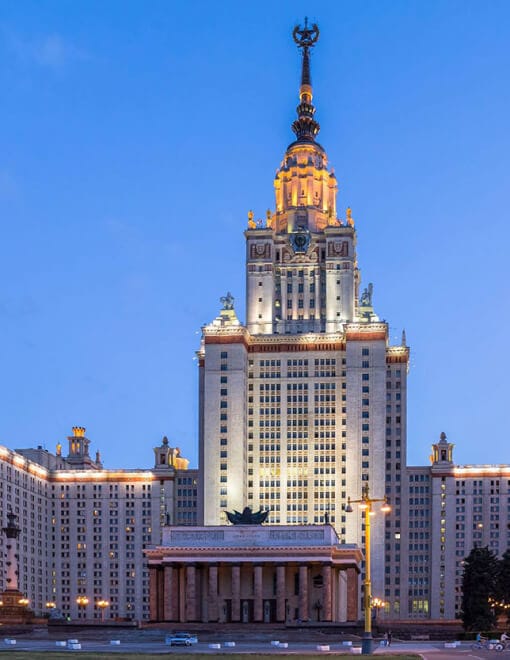
Традиции, развиваемые в российском высшем образовании, отличаются высокой степенью академической строгости и научной ответственности. Одним из ключевых аспектов российской системы образования является уклон на фундаментальное обучение, что означает углубленное изучение предметов и развитие широкого кругозора.
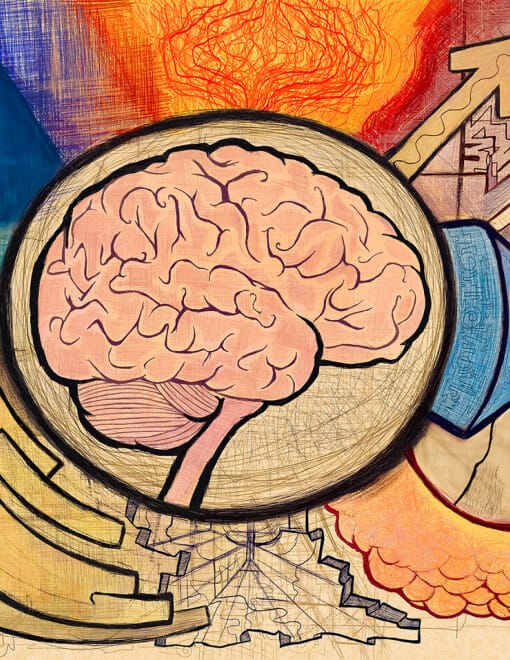
Российские студенты активно участвуют в научных исследованиях и проектах, конференциях и семинарах. Это позволяет им эффективно развивать свои профессиональные навыки, критическое мышление, навыки самостоятельной работы.
Сегодня Россия является одной из ведущих стран в области высшего образования. Многие российские университеты занимают высокие места в мировых рейтингах, а выпускники получают работу в крупных компаниях по всему миру.




